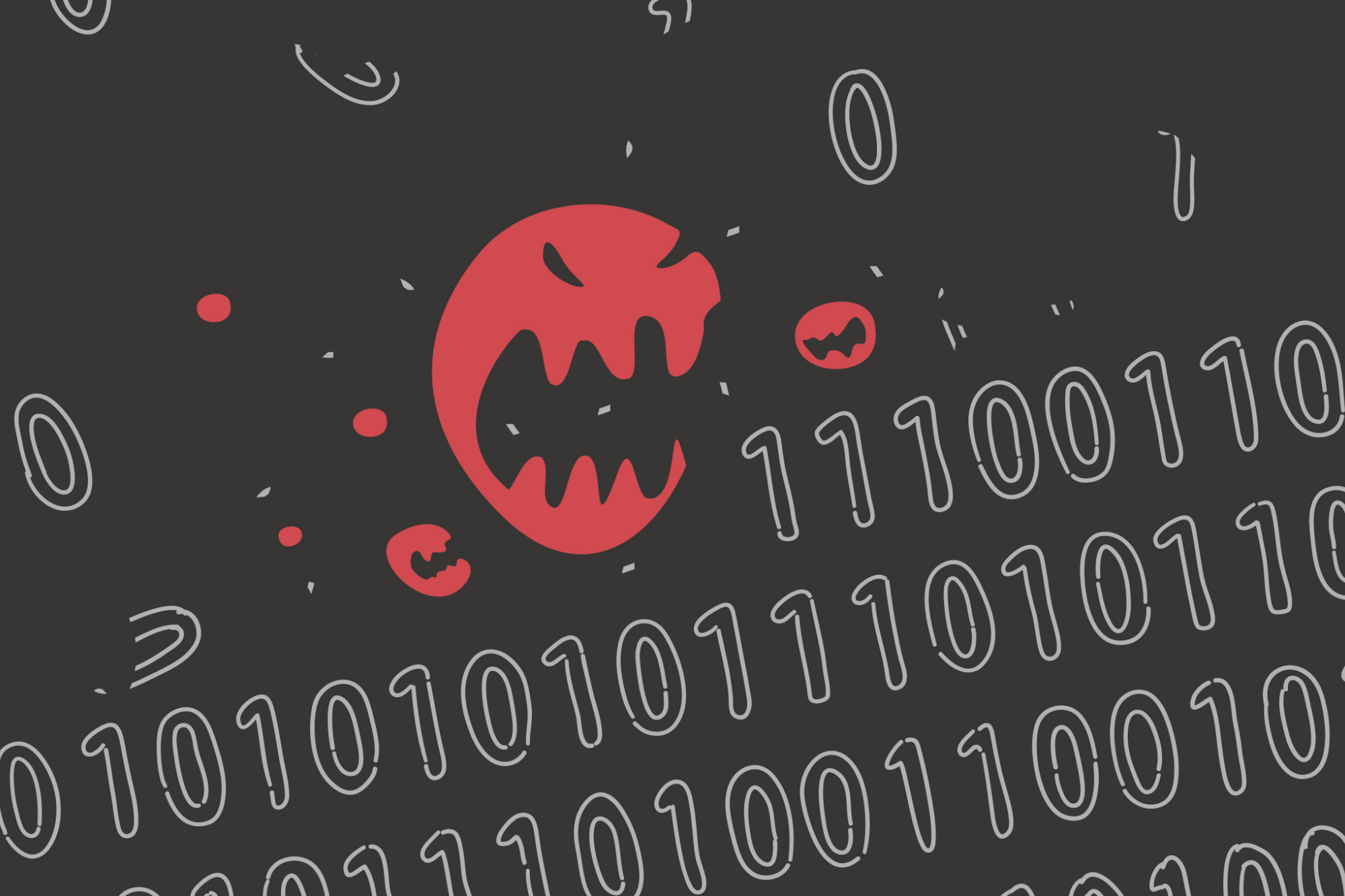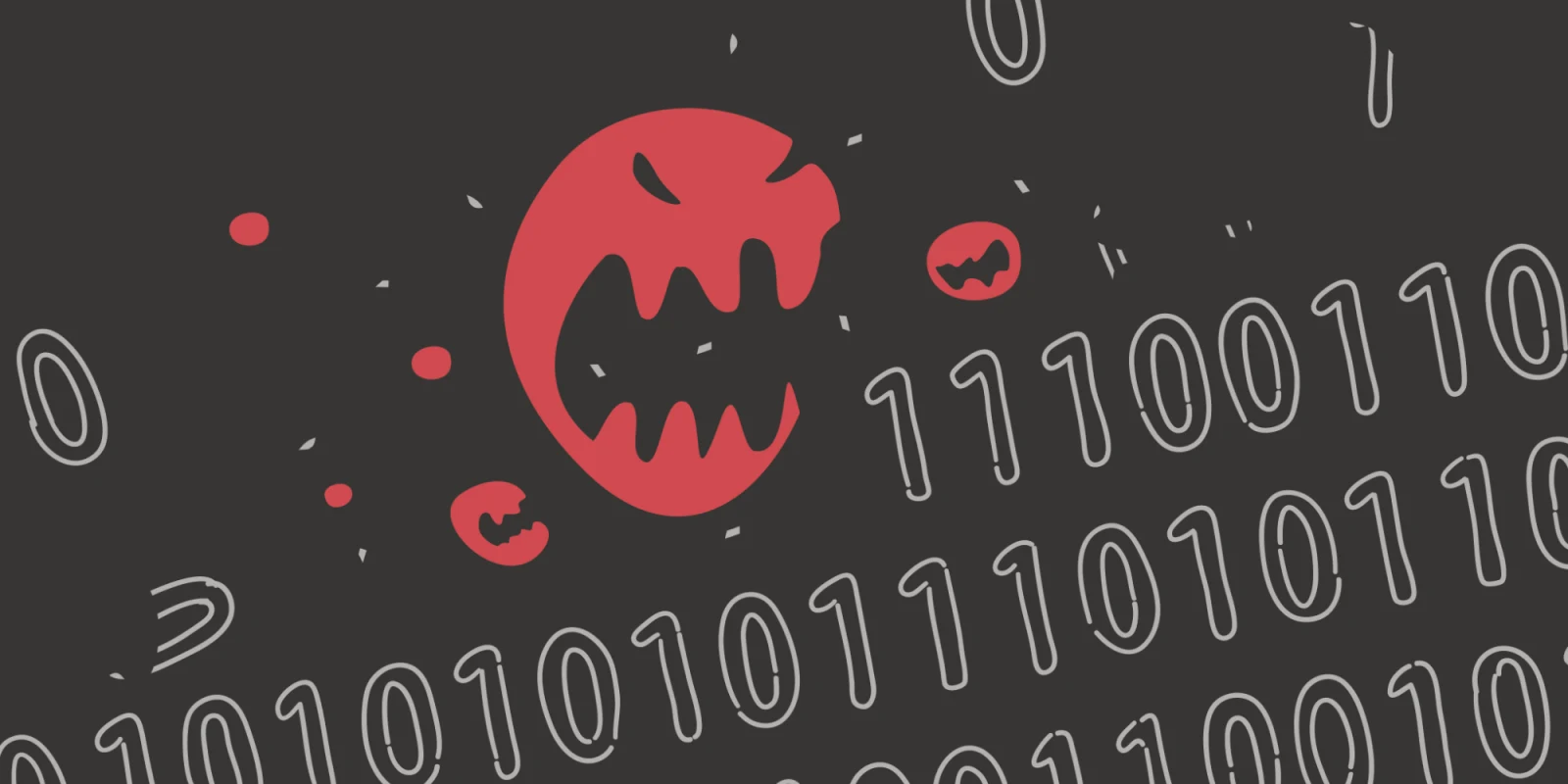
EMRs are digital organisms — rather, parasites — that would not exist without the health care system. The host of this parasite includes all of the patients, clinics, hospitals, and health care clinicians. The nutrients the parasite derives from the EMR consists of all of the labs, notes, demographics, and tests which reside within the body of the database.
The EMRs continue to amass huge troves of data which could potentially improve health care, but instead, feed these parasitic digital programs. This all comes at the expense of the health care providers. The doctors, physician extenders, and nurses are all unassuming hosts and are now feeling the effects of being sick, burned out, or morally injured. The parasitic EMRs are thriving at the expense of their health care host.
There are numerous studies, opinion pieces, and tweets on the rise regarding physician burnout or moral injury. Although there are multiple causes, the predominant cause is the EMR.
Jeffery Bendix describes the common shortcomings of EMRs as being “lack of interoperability, poor user interface, and interference with face-to-face patient care.” Compared to current apps and programs, EMRs are outdated by many years because they were never developed for interoperability, rather created in a piecemeal manner which results in poor workflows for health care providers.
Although providers are mandated to use these systems, it can result in providers being distracted from providing care. I believe a physician caring for a patient while trying to use the EMR is analogous to a distracted driver using a cell phone in traffic. Distracted drivers cause accidents and medical accidents can occur because of distracted providers.
The patients, our country, and CEOs of health care organizations should be more concerned with this growing problem of clinician burnout, as it is a struggle that has been brewing for quite some time. A burnt out physician may not be able to provide the best care to their patients. Hospital systems have attempted to treat the symptoms of burnout with mindfulness classes, but have not targeted the actual disease, the parasitic EMR.
EMRs have notoriously been inefficient and difficult to navigate. The programs have been designed in a way that require providers to click the mouse multiple times to complete one task. Productivity has been measured by the number of clicks per day, similarly to how a baseball coach might track the pitch count of their leadoff pitcher. Unfortunately, a physician does not have a bullpen full of backups when they tire and start to perform poorly.
Click fatigue is a common term used in the health care environment. We have pop-up windows about each order, drug interaction, message, reminder, results and more. Many of these are inaccurate warnings which cause providers to “click and close.” The incessant clicking means that at some point something truly important may be missed.
I believe clinicians have become the highest paid data entry clerks in the world. We input data on everything and anything not because we want to, but because that is how the system was designed. This requires a lot of time and may not be necessary. Don Berwick, a former CMS administrator, noted this on the “Fixing Health care” podcast. He noted that the rules and metrics are not helping and recommended a 75% reduction in the metric measurements in health care over the next four to five years.
We should be collecting what is relevant, important, or pertinent. Eliminating the need for collecting less important information can make health care charting more efficient. Until changes occur, we are diligently providing care and electronically feeding the parasitic EMR. I feel we have a pandemic. The parasite is winning. If the parasite kills the host, the parasite will die. Therefore, we need a more symbiotic relationship.
Health care CEOs really need to see how hard the frontline is working to deliver care to patients. The hardware and resources such as tablets and scribes should be tailored to offer efficient care. Software companies need to develop more efficient systems to reduce click fatigue. The government needs to look at what information is truly needed and what data collection could be eliminated. If the physical and mental health of our health care clinicians improves, better care to patients could be provided. At the end of the day, our goal has always been to do no harm.
Dr. Rosen is an orthopedic surgeon who specializes in total joint replacement surgery. He currently works in Southern California. When he is not caring for patients or a slave to the EMR, he enjoys spending time with his family, fly fishing for anadromous fish, and cooking.







